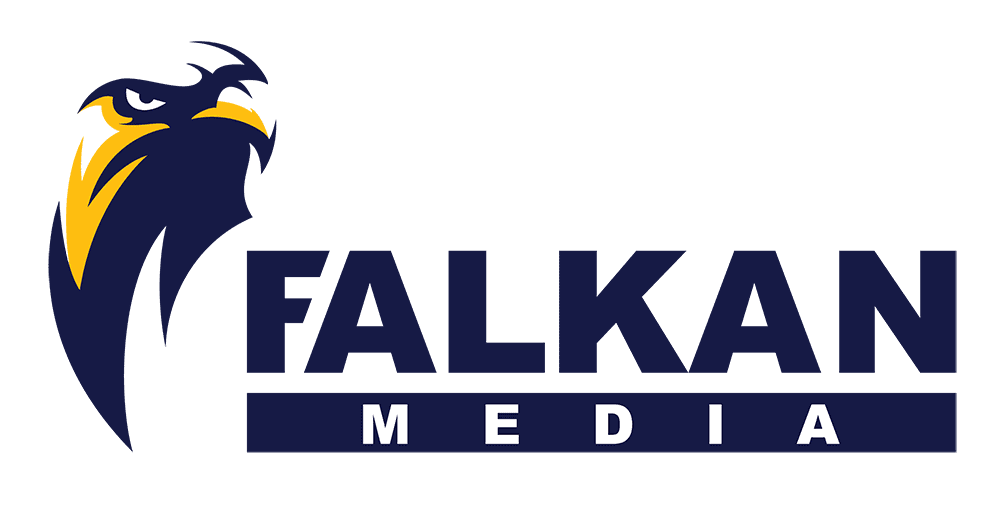In the ever-evolving world of digital marketing, staying competitive and visible in the vast online landscape is paramount. Search Engine Optimization (SEO) plays a pivotal role in achieving this goal by improving a website’s organic search rankings. However, the SEO landscape is intricate and constantly changing, making it challenging for marketers to keep up. This is where Artificial Intelligence (AI) steps in, offering a range of innovative solutions to assist and enhance SEO efforts.
- Content Optimization and Creation

AI has significantly impacted content optimization, a cornerstone of effective SEO. It can analyze and optimize website content with remarkable precision. AI-powered tools can suggest relevant keywords, analyze keyword density, and even provide recommendations to improve the readability and relevance of content. This not only ensures that content aligns with SEO best practices but also enhances the user experience by delivering more engaging and informative content.
Moreover, AI-driven Natural Language Processing (NLP) algorithms excel at understanding user intent. By deciphering the meaning behind search queries, NLP assists in crafting content that directly addresses users’ needs. This results in more targeted and valuable content, which is a crucial factor for high search engine rankings.
Additionally, AI can generate content autonomously, from product descriptions to blog posts. While AI-generated content can be a time-saver, it’s essential to maintain a balance, as human creativity and context understanding are still unmatched. Human oversight is crucial to ensure the quality and relevance of AI-generated content.
- Keyword Research and Analysis

Effective SEO starts with robust keyword research. AI simplifies this process by analyzing vast amounts of data to identify relevant keywords and phrases. AI algorithms can determine which keywords have high search volume and low competition, enabling SEO professionals to select the most strategic keywords to target. This data-driven approach ensures that SEO efforts are focused on keywords that are more likely to yield results.
- Technical SEO Audits

Technical SEO is a critical aspect of website optimization, involving tasks like identifying broken links, duplicate content, and slow-loading pages. AI-powered tools can conduct automated SEO audits, swiftly identifying these issues and providing insights on how to fix them. This automation not only saves time but also ensures that technical SEO problems are addressed promptly, improving a website’s overall health and search performance.
- Rank Tracking and Performance Analysis

Monitoring search engine rankings and website performance is a continuous task in SEO. AI tools excel in this area by tracking keyword rankings and providing insights into a website’s performance over time. This allows SEO professionals to gauge the effectiveness of their strategies and make data-driven adjustments as needed. It also helps in identifying emerging trends and opportunities for optimization.
- User Experience Enhancement

User experience (UX) is an increasingly important factor in SEO, as search engines prioritize websites that offer a seamless and user-friendly experience. AI can indirectly contribute to SEO by enhancing UX. For example, AI-powered chatbots and virtual assistants can provide real-time support to website visitors, answering questions and guiding them to relevant information. This not only improves user satisfaction but also reduces bounce rates and increases the time users spend on the site, both of which positively impact SEO.
- Meta Descriptions and SERP Optimization

AI, particularly Natural Language Generation (NLG), can be leveraged to automatically generate meta descriptions and other elements that appear in search engine results. These AI-generated meta descriptions are designed to be concise and compelling, enticing users to click on the link. This click-through rate optimization can significantly impact a website’s traffic and visibility on search engine results pages (SERPs).
- Competitor Analysis and Strategy Formulation

AI can perform comprehensive competitor analysis, providing valuable insights into competitors’ websites and SEO strategies. By analyzing competitor data, AI can help businesses identify opportunities and threats in the search landscape. This information is instrumental in formulating effective SEO strategies, allowing businesses to stay one step ahead of their competition.
- Predictive Analytics

Predictive analytics is another area where AI shines. By analyzing historical data and patterns, AI can forecast future SEO trends and developments. This enables SEO professionals to proactively adapt their strategies to stay ahead in the ever-evolving SEO landscape. Predictive analytics empowers businesses to make informed decisions, ensuring that their SEO efforts remain relevant and effective.
In summary, AI is revolutionizing the field of SEO by automating and optimizing various aspects of the optimization process. From content creation and optimization to keyword research, technical SEO audits, and performance analysis, AI-driven tools and algorithms are reshaping how SEO professionals operate. Additionally, AI indirectly contributes to SEO by enhancing user experience, optimizing meta descriptions, and facilitating competitor analysis.
However, it’s important to note that while AI is a powerful tool in SEO, human expertise remains indispensable. AI can automate tasks, provide data-driven insights, and improve efficiency, but human SEO professionals are essential for strategy development, content quality control, and interpreting AI-generated insights. Moreover, SEO best practices and search engine algorithms are continuously evolving, making it crucial for professionals to stay updated and adapt their strategies accordingly.
In conclusion, the synergy of AI and human expertise is the key to unlocking the full potential of SEO in the digital age. As AI continues to advance, its role in SEO is likely to expand further, enabling businesses to achieve higher search engine rankings and greater online visibility.
No related posts.






